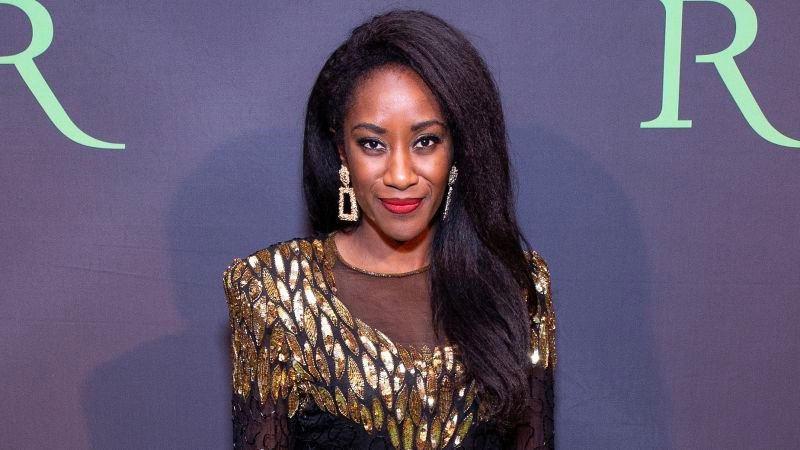Karen Attiah Departs Washington Post Amid Controversy Over Opinion on Political Violence
Introduction
Karen Attiah, a longtime writer for the Washington Post, has been dismissed from her role in the paper’s Opinions department after sharing critical commentary regarding political violence and societal attitudes towards guns. Her removal comes during a turbulent time for the publication as it undergoes significant editorial changes.
Overview of Attiah’s Criticism
Attiah asserts that her departure was a direct consequence of her vocal stance against certain political dynamics following the assassination of Charlie Kirk, a prominent figure in conservative circles. In a series of messages, she condemned what she described as "empty rhetoric" in today’s political discourse, particularly concerning the handling of violence.
Changes at the Washington Post
The Washington Post has remained tight-lipped about specifics regarding personnel issues, opting not to comment on individual departures. However, Attiah’s biography on the publication’s site has been altered to reflect her previous position, implying her exit from the company.
Previously, Attiah had been outspoken about the violent serious nature of America’s social climate, pointing to systemic issues related to race and political accountability. Among her assertions was the belief that a culture exists which promotes "performative condolence" towards individuals who propagate violence while ignoring broader societal ramifications.
Commentary on Charlie Kirk
Attiah firmly criticized the response to Kirk’s assassination, emphasizing that a disproportionate amount of empathy is reserved for individuals who embody problematic ideologies. While she did not name Kirk directly, she noted that her refusal to engage in "performative mourning" should not be equated with endorsing violence.
In her own words, she expressed, “part of what keeps America so violent is the insistence that people perform care… for white men who espouse hatred and violence.” This assertion reflects her frustration with societal double standards that prioritize certain lives over others.
Online Engagement and Backlash
Following her posts, Attiah mentioned that she received considerable support across various platforms, yet recognized that her comments might have drawn scrutiny from the Post’s management. She reported that her statements were characterized as "unacceptable conduct" and labeled as "gross misconduct," accusations she vehemently denies.
Attiah’s conviction that her commentary did not endanger her colleagues highlights a disconnect between editorial vision and individual expression. She noted that the publication’s leadership, particularly under Jeff Bezos, has pursued a newfound direction that has resulted in significant shifts within the Opinions department.
Leadership Transition and Editorial Rebirth
Jeff Bezos has expressed ambitions to steer the Post in a direction that prioritizes personal liberties and free-market principles. Following notable leadership changes, including the appointment of new Opinion editor Adam O’Neal, the editorial board strives to reshape its narrative and voice.
This editorial overhaul has not been without consequence; numerous opinion writers have left the publication, raising questions about its commitment to diversity of thought and representation. Attiah, highlighting her unique position, stated, “I was the last remaining Black full-time opinion columnist at the Post, in one of the nation’s most diverse regions.”
Wider Implications
The departure of Karen Attiah comes amid escalating tensions within media circles, especially concerning public reactions to controversial figures like Charlie Kirk. Following Kirk’s assassination, there has been a concerted effort by conservative activists to hold individuals accountable for their comments about him, ranging from expressions of indifference to outright criticism of his legacy.
In an era marked by heightened political polarization and debates around freedom of speech, Attiah’s dismissal serves as a poignant reminder of the challenges faced by journalists who tread the line between opinion and accountability.
Conclusion
Karen Attiah’s exit from the Washington Post reflects the ongoing upheaval within the media landscape and raises critical questions about editorial integrity, representation, and the responsibilities of platforms in navigating controversial subjects. As the Post redefines its editorial strategy, the dialogue around political violence, societal norms, and media responsibility will likely continue to evolve, reflecting the complexities of modern journalism.
For further updates and insights related to media and politics, you can explore CNN and other reputable news outlets.


